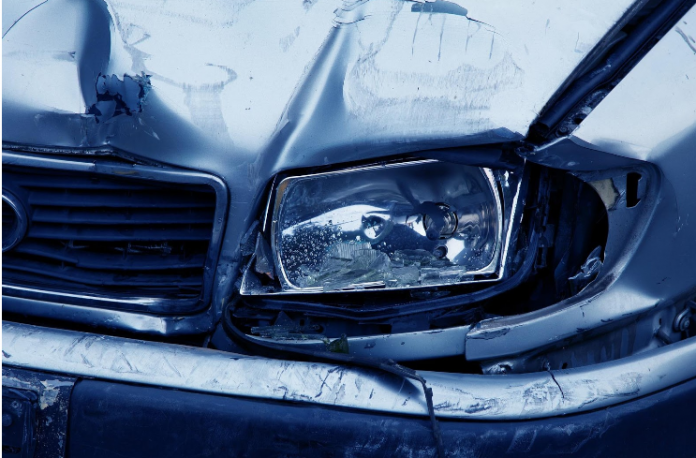Car accidents come in all forms from minor fender benders to car crashes involving multiple vehicles, and as people, we tend to instantly dismiss being injured in a minor accident. We often think “How could I be injured? The other car barely hit me.” However, minor accidents, just like major accidents, can result in you sustaining serious injuries, and at the rate that car accidents occur in the United States, you will inevitably be involved in at least one car accident in your lifetime.
In 2015, for example, there were over six million police-reported crashes nationwide, according to the National Highway Traffic Safety Administration, and Americans sustained injuries in these accidents at a rate of 761 injuries per 100,000 members of the population. This means that there were 6,693 people injured in car accidents per day in 2015 in the United States, according to the NHTSA. As such, you should be cognizant of some of the common injuries sustained by drivers and passengers involved in low-speed car accidents.
Common Injuries Sustained in Low-Speed Car Accidents
It’s important for you to understand that many of the injuries sustained in low-speed car accidents have delayed symptoms or symptoms that may not immediately apparent right after the accident occurs. As such, you should always get evaluated by a doctor after being involved in a low-speed accident if you start experiencing any of the symptoms associated with the common injuries discussed below. You may need to get compensation for medical bills; therefore, locate the problems right way.
Whiplash After a Low-Speed Car Accident
Whiplash is one of the most common types of injuries sustained in a low-speed car accident, and this type of injury is caused by your head jolting forward and backwards after the two vehicles collide. This sudden movement of the skull causes a neck strain due to torn muscle fibers in your neck. Common symptoms associated with whiplash include:
- Pain, decreased range of motion, and tightness in the neck
- Your muscles may feel hard or knotted
- Pain when you move your neck backward, forward, or when you turn your head to look to the right or left of your body
- Headaches at the base of the skull that radiate towards your forehead
Concussions After a Low-Speed Car Accident
A concussion is a common injury sustained in low-speed car accidents when you hit your head on some portion of the vehicle such as the steering wheel, airbag, or your seat. A concussion is a common name for what is known as a traumatic brain injury (TBI). A TBI can be mild or severe, and a concussion is considered to be a mild traumatic brain injury. This type of injury can have symptoms that might not be immediately apparent after the car accident, but you will start to notice both the physical and mental symptoms of a TBI in the days following the accidents. Common symptoms of a concussion include:
- Difficulty thinking clearly
- Headaches
- Feeling slowed down
- Irritability
- Sadness
- Difficulty sleeping
Bulging Discs in the Spine After a Low-Speed Accident
It is also common for someone involved in a low-speed car accident to sustain an injury to their spine such as a bulging intervertebral disc. These discs are located in between each of your vertebrae and act as a cushion that allows your spine to move freely. After being involved in a low-speed car accident, one or more of the discs in between your vertebrae can become swollen and irritated. When this occurs, you are said to have a bulging disc, and some of the common symptoms associated with a bulging disc include:
- Numbness, tingling, or burning sensation in the affected area of the spine
- Weakness in different areas of your body such as your arms, legs, and feet
Make sure to speak with an attorney after being involved in any type of car accident. Should you experience a crash and need legal representation immediately, search for one that can do a service call at any time. Further, many people don’t realize they are injured until days after the accident. In the abundance of caution, you should always get evaluated by a doctor.
Find a Home-Based Business to Start-Up >>> Hundreds of Business Listings.

















































